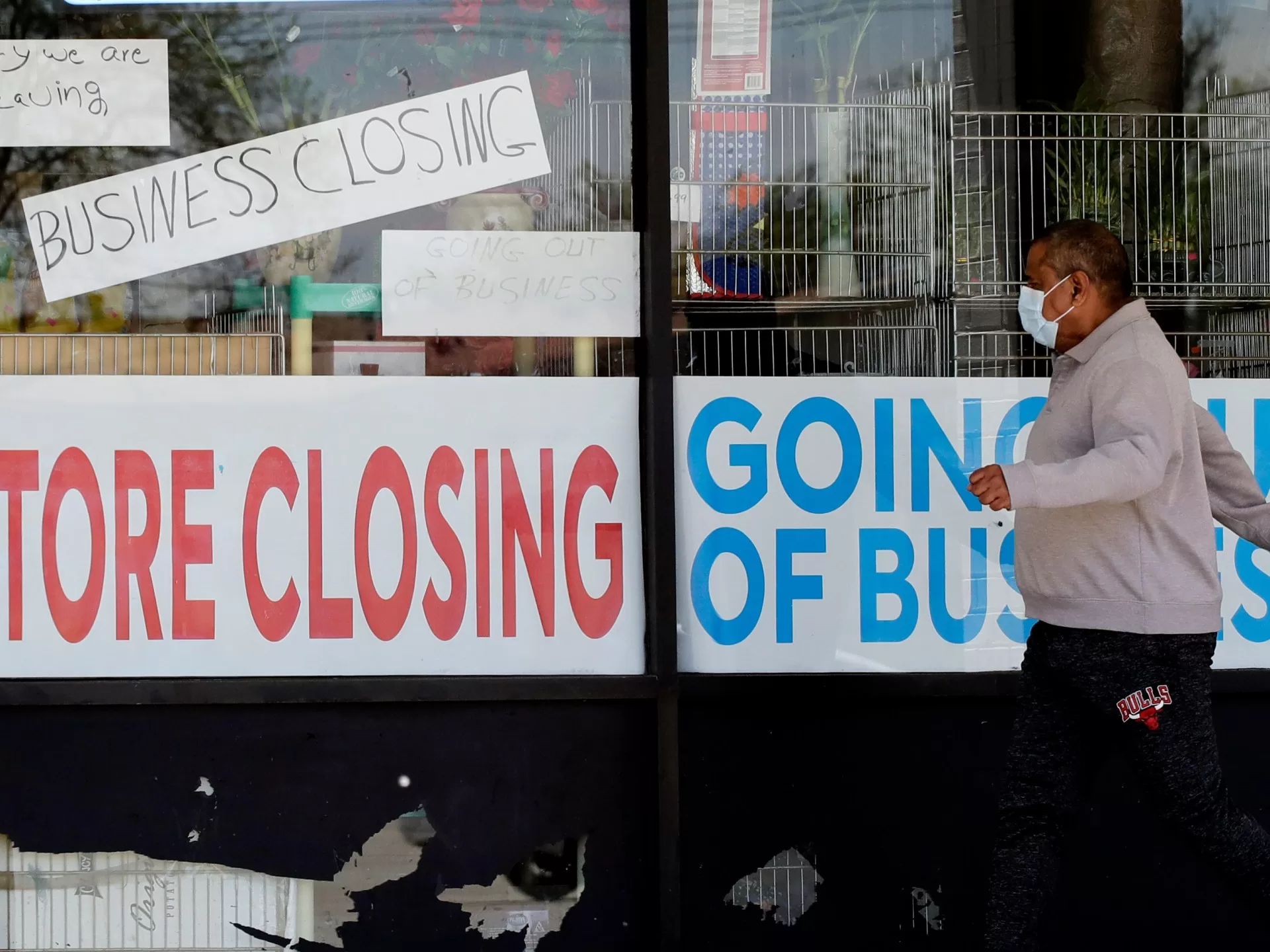Economists are divided on the extent of the rate cuts that the US Federal Reserve should undertake this year in light of the latest employment data.
The United States economy added 818,000 fewer jobs from April 2023 through March this year than were originally reported, the government says. The revised total adds to evidence that the job market has been steadily slowing and likely reinforces the US Federal Reserve’s plan to start cutting interest rates soon.
The Department of Labor estimated that job growth averaged 174,000 a month in the year that ended in March — a drop of 68,000 a month from the 242,000 that were initially reported. The revisions released Wednesday were preliminary with final numbers to be issued in February.
The downgraded estimate follows a jobs report for July that was much worse than expected, leading many economists to suggest that the Federal Reserve had waited too long to begin cutting interest rates to support the economy. The unemployment rate rose for the fourth straight month to a still-low 4.3 percent, and employers added just 114,000 jobs.
The Federal Reserve raised its benchmark rate 11 times in 2022 and 2023 to fight inflation, which hit a four-decade high more than two years ago. Year-over-year inflation has since plummeted — from 9.1 percent in June 2022 to 2.9 percent, clearing the way for the central bank to begin cutting rates when it next meets in mid-September.
The revised hiring estimates are intended to better account for companies that are either being created or going out of business.
“This doesn’t challenge the idea we’re still in an expansion, but it does signal we should expect monthly job growth to be more muted and put extra pressure on the Fed to cut rates,’’ said Robert Frick, economist at the Navy Federal Credit Union.
‘Pressure on the Fed’
In the revisions, new professional and business services jobs, a broad category that includes managers and technical workers, were reduced by 358,000 in the 12 months that ended in March. Leisure and hospitality employers, including hotels and restaurants, added 150,000 fewer jobs than first reported.
“Odds are that recent job growth is overstated, something that the Federal Reserve will worry about as the labour market might be a little more vulnerable,” Ryan Sweet, chief US economist at Oxford Economics, wrote in a note emailed to Al Jazeera. “Even with the revisions, the economy has created a boatload of jobs and trend job growth is strong, just not sufficient to keep up with growth in the working-age population.”
This is less threatening than if the labour market was weakening because of rising layoffs, Sweet said.
“For the central bank, prudent risk management is to begin cutting interest rates or risk pockets of weakness in the labour market becoming something worse. The preliminary employment revisions don’t alter our forecast for a [quarter of 1 percentage point] rate cut in September, but we will focus on the pace of interest rate normalization beyond next month, which could be a little brisker than we anticipate,” he said.
